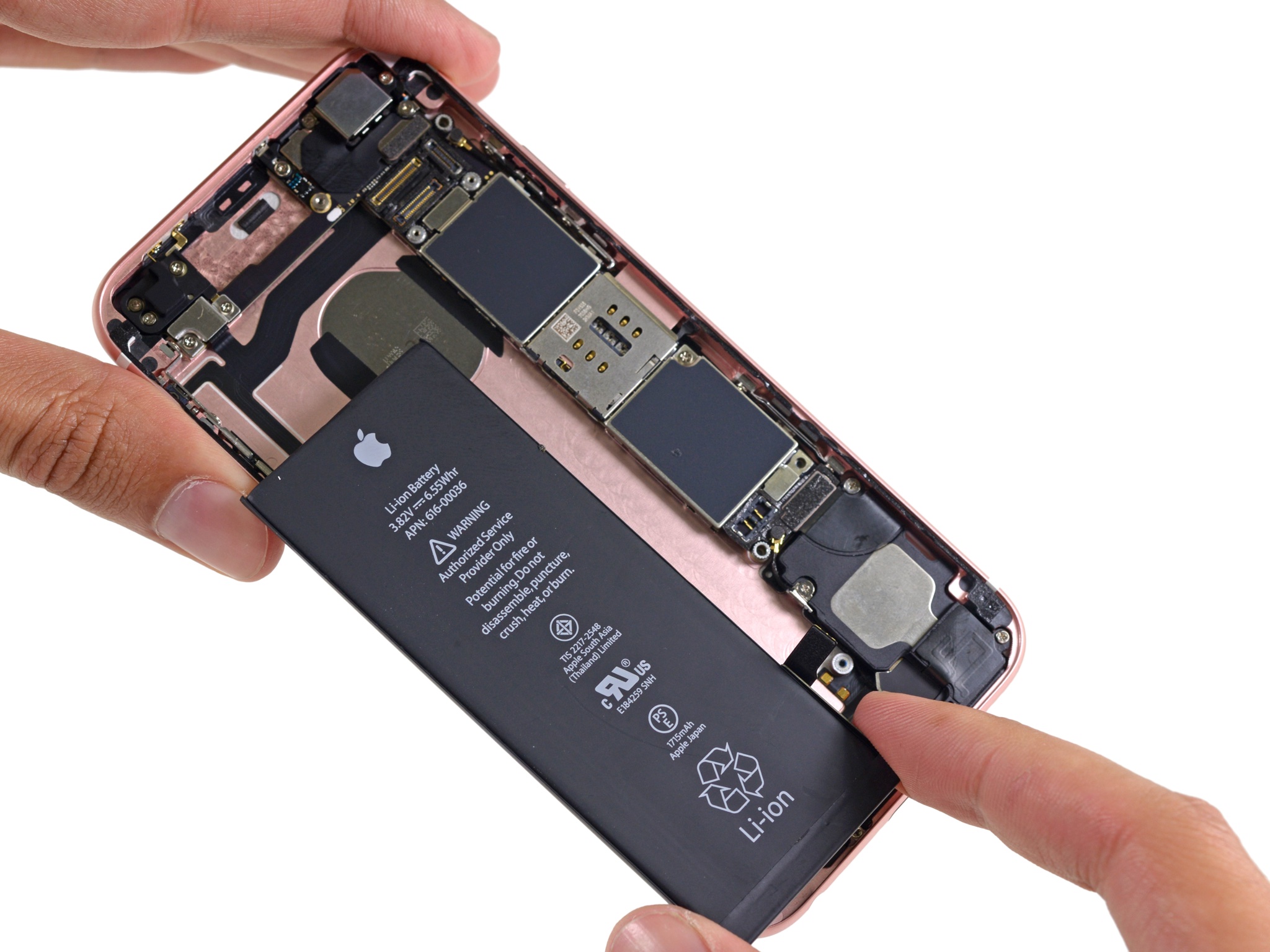Both in-house designed ‘A10’ and ‘A11’ chips for this year’s iPhone 7 and 2017 iPhones/iPads, respectively, are believed to be manufactured solely by Taiwan’s semiconductor foundry TSMC (sorry, Samsung).
According to Nikkei Asian Review, Intel is now perfectly poised to give TSMC a good run for its money in as little as two years because any Apple chips after the A10/A11 should be fabricated by Intel.
The recently signed licensing deal between Intel and UK-based ARM Holdings lets the former fabricate chips for smartphones based on the latter’s CPU technology.
LG will become the first handset vendor to adopt Intel-fabbed chips following the ARM deal. According to Gartner’s semiconductor analyst cited in the report, Samuel Wang, A12/A13 chips for 2018/2019 iPhones are expected to be manufactured by Intel:
TSMC could face tough competition as soon as 2018 or 2019 as Intel is likely to gain orders from Apple by then. Intel has begun to engage with Apple and it aims to grab one or two top-tier customers from TSMC.
In addition to producing Apple’s A-series chips, Intel is also thought to be supplying LTE cellular modems for select AT&T and some international iPhone 7 models.
What does all of this mean for Apple’s relationship with TSMC?
Apple most likely won’t just drop TSMC for Intel—the firm isn’t foolish to rely on any single supplier for such a crucial component that the engine which powers the iPhone and iPad is. What Tim Cook & Co. are probably looking to do is pit TSMC and Intel against each other to squeeze the best deals out of them, mitigate risk and gradually reduce reliance on TSMC.
A senior Taiwanese chip industry executive said:
Intel is definitely the most formidable challenger for TSMC. There is no rivalry between Apple and Intel so it’s really likely that Apple could shift some orders there. The move is also in line with Washington’s policy to encourage U.S. companies to make more products at home.
Intel’s Zane Ball argued recently its company can offer a better foundry service than rivals, saying “We can do design, and we can do assembly and test. We have remarkable sources and we will bring these capabilities to our customers as well.”
Both Intel’s and TSMC’s foundries have been gearing up to deploy ten and seven-nanometer process technologies to fabricate even smaller and power-friendlier mobile chips. It’s important to keep in mind that semiconductor foundries like Samsung, TSMC and Intel will not actually design future iPhone processors themselves—that’s Apple’s self-imposed responsibility.
Since the iPhone 4’s A4 chip back in 2010, the Cupertino firm’s been designing these things in-house. They acqu-hired a bunch of fabless semiconductor experts and now have more than a thousand silicon engineers on site, thinking up new A-series chips.
Once the team’s designs are finalized, blueprints are sent to companies like TSMC who then fabricate silicon wafers en masse. Summing up, I find it fascinating that Intel originally passed on the opportunity to build the iPhone’s processor because it grossly underestimated potential volumes as it thought the handset would not prove popular.
Anecdotal evidence: Apple itself approached Intel with the request to build chips for the original iPhone. It’s funny that—faced with the slowly dying desktop market—Intel is now looking to boost revenues by building the chips it didn’t even design, for a client it already turned down, to power the device it overlooked a decade ago.
Image via iFixit
Source: Nikkei Asian Review
